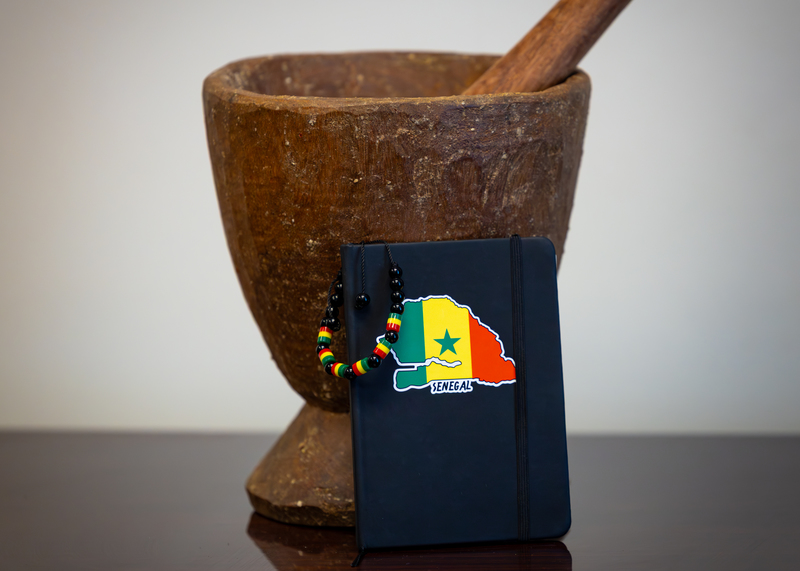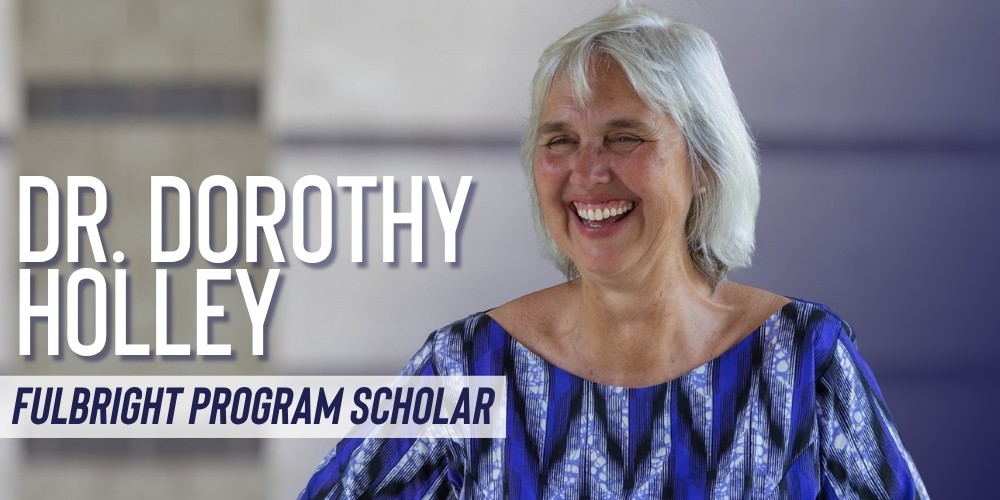Dr. Dorothy Holley, a chemistry teacher at West Johnston High, recently expanded her educational influence as she visited Senegal, Africa, through the Fulbright Teachers for Global Classrooms Program.
The prestigious Fulbright Teachers for Global Classrooms Program enables U.S. educators to explore international education systems abroad and return home with new global perspectives to share with their students. The Fulbright program was established in the mid-1900s to promote peace and mutual understanding throughout the world.
Dr. Holley is a 30-year veteran educator and has taught chemistry for 25 years. She has served at West Johnston High since 2020, and currently teaches chemistry and forensics. Dr. Holley received her undergraduate degree from Wake Forest University, earned a Master of Environmental Science from Montreat College, and a Ph.D. in Science, Technology, Engineering, and Mathematics (STEM) Education from North Carolina State University.
Dr. Holley was one of a 21-person cohort of educators from around the United States who were chosen to travel to Senegal. It is the westernmost country on the African continent, located on the Atlantic coast. Primarily an Islamic and French-speaking nation, it is one of the 40 poorest countries in the world. Yet, Senegal’s education system is rich in respect for teachers and the learning process.
Cohort members were assigned host teachers to assist them during the visit. Dr Holley’s host teacher taught English, and Dr. Holley’s role was to assist him while also helping the students understand the culture of the United States. Dr. Holley was excited to learn that the 10th- and 12th-grade students had studied chemistry as part of the school’s curriculum. She decided to integrate her love of chemistry into the English lessons using the periodic table.
Dr. Holley’s West Johnston students wanted to provide something from the United States; therefore, they designed a periodic table that included facts about West Johnston High, such as courses available at the high school, clubs and after-school programs, and sports. They also incorporated information about colleges and universities in the table, including Dr. Holley’s alma maters, NC State, Wake Forest University, and Montreat College. “I got to talk about North Carolina and a day in the life of a student through the periodic table, which was cool,” she remarked.
The Fulbright Program has provided Dr. Holley with more global experience and further affirmed her as a global educator. With that newfound world view, one of her biggest takeaways from the trip was learning about global competency.
 Global competence refers to the ability to understand and act effectively on issues of global significance, taking into account diverse perspectives and cultures. It involves a combination of knowledge, skills, attitudes, and values that enable individuals to navigate an increasingly interconnected world. This includes examining global issues, appreciating different perspectives, engaging in intercultural interactions, and taking action for collective well-being.
Global competence refers to the ability to understand and act effectively on issues of global significance, taking into account diverse perspectives and cultures. It involves a combination of knowledge, skills, attitudes, and values that enable individuals to navigate an increasingly interconnected world. This includes examining global issues, appreciating different perspectives, engaging in intercultural interactions, and taking action for collective well-being.
She is currently networking with teachers from around the country and a growing number of educators from around the world who are working to bring the subject of global competency into the classroom. As a lifelong learner, Dr. Holley is ready to represent Johnston County Public Schools by attending conferences to deepen her understanding of global competency and bring back strategies that can be applied throughout the school district.
She would delight in the chance to teach a Global Competency class at West Johnston High. “The world has come to us, and if we can do a good job with it, we’ll all be better. When one wins, we all win,” she said.

